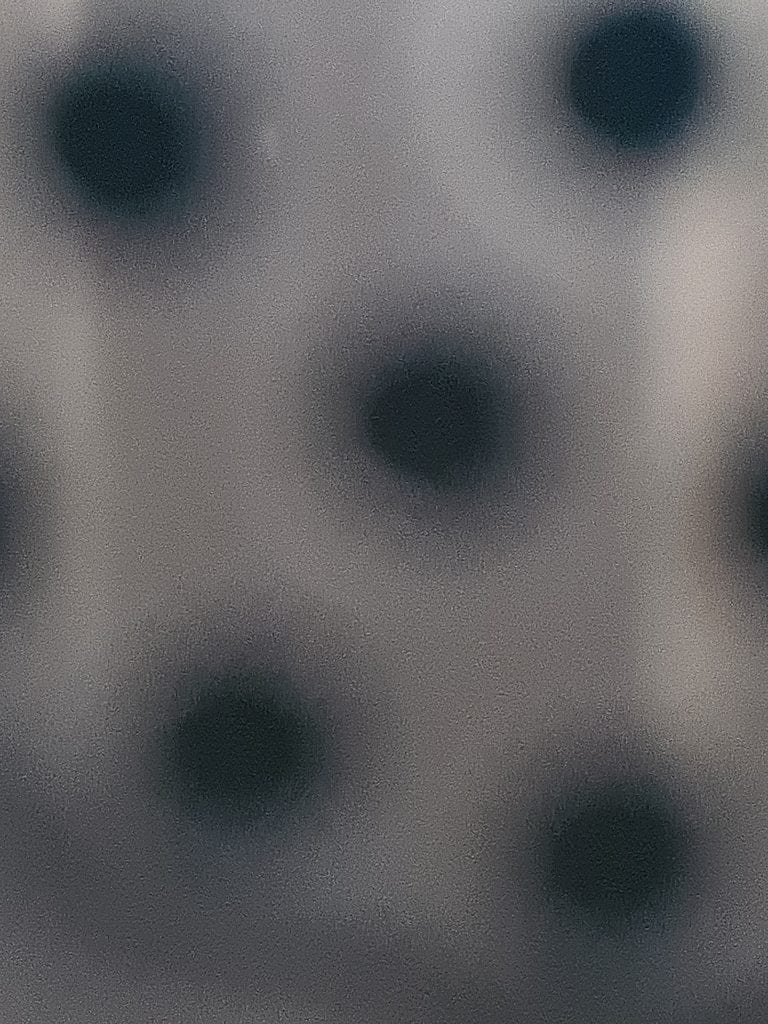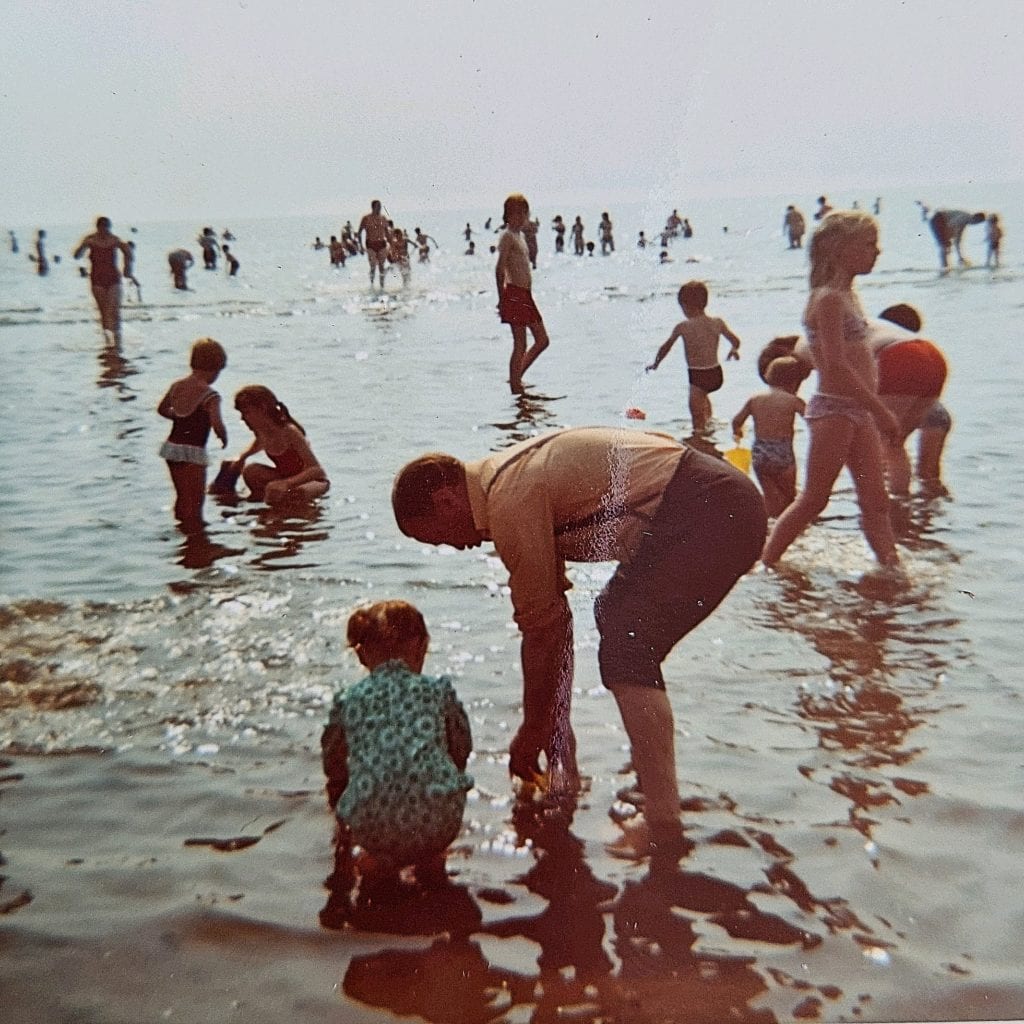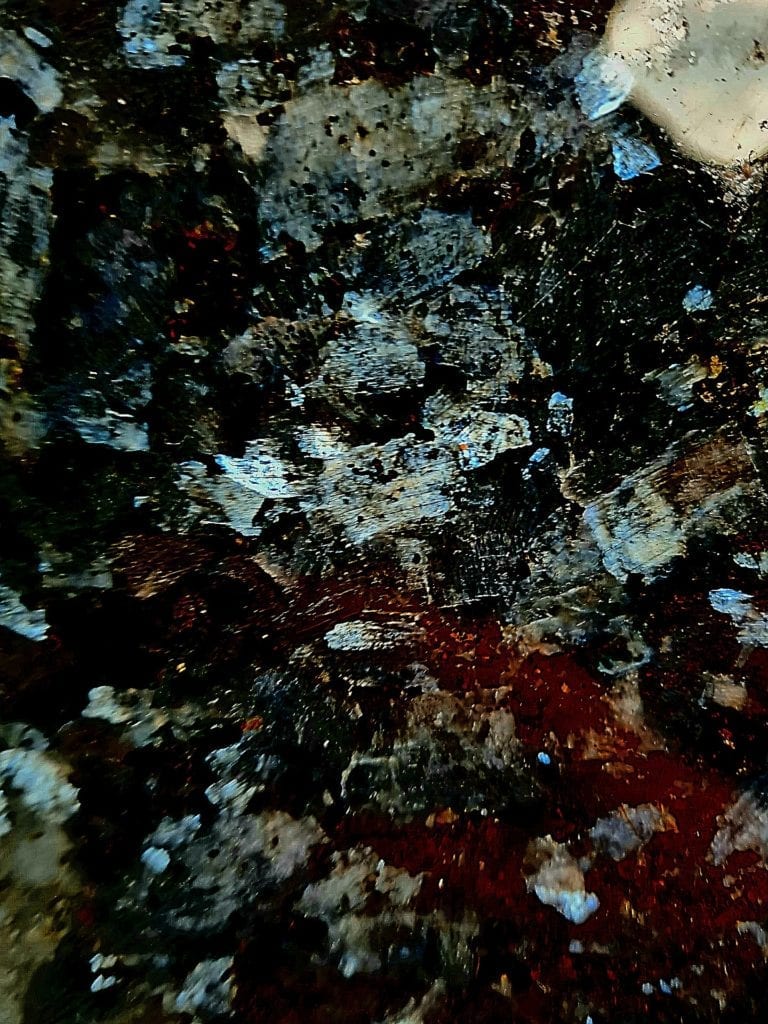There Are Gaps Between These Things
by: Conner Milliken , October 5, 2020
by: Conner Milliken , October 5, 2020
It seems an implausible notion that two people who speak the same language of the mouth and of the hand can misunderstand each other so fundamentally when one speaks love and the other speaks sex with the same exchange. These things keep coming up and it’s creating these gaps between us. I wonder at this; I wonder at how the gaps between us and these things seem filled with meaning that hold constituent and contrasting feelings and ideas about who we are and what we are. What are we? Two men, standing in distant cities communicating with words that seem the same but the physical space between us is filled in by screens and sentiments that are so hard to grasp they fall between my fingers as I type. I am standing staring at our fault wondering who to blame. Like two people who hold two different and opposite ideas of how the world should be after the contiguous crossing: I believe in the directness and honesty of upfronted-ness. You believe that there are things we cannot and should not say with words, that only speak with hands and to which we are not bound even in the binding of them to our skins in the middle of the night: rub my stomach like a dog.
The Great Valley Rift is a series of large faults that run for over 4000 miles from northern Syria to central Mozambique. Some experts contest that the Great Valley Rift is comprised of separate land features and are conflated as one system. Astronauts say that the rift series is so significant that you can see it on the surface of the earth from space, not just its impressive length but its width which varies at points from twenty to sixty miles, the largest width on the planet that is above sea level. Below the visible land, the rift reaches depths of several thousand metres. Covering such a landmass means that the Great Valley Rift is home to different ecologies and is home to some of the most diverse and wondrous wildlife and flora.

These huge gaps, once filled with magma and potential, spouting from the ocean floor, flourished and gave birth to new life and new ways of being in the world. The evidence of this extends back through the crags of time where fossils of extinct things have been documented, where indigenous peoples called these valleys and places their home, where European colonisers mutilated their way through names, through animals, through cultures. But, despite all of this, the intricacies of this ecosystem and its self-sustainability is one of the greatest features of the world, born out of the gaps between heaps of immovable lands. The immutability of the success of coexistence speaks to the potential of gaps, to the potential for coexistence that exists in the spaces between two immovables. But we are human, not landmasses, aren’t we?
They opened the Twitter app on their phone and scrolled for approximately fifteen minutes. They struggle to remember a time when politics was less toxic and when the stakes seemed lower. They’re selling off the NHS, they’re racist, they’re antisemitic, they want Brexit done, they want your tactical vote, but of course these rifts have been torn in the skin of the country for a long time. Had the country ever consummated its relationship with itself in the wake of imperialist conquer, in letting black, gay, trans people and sex workers die in the streets from AIDS or in the breaking of the backs of the miners and the unions at the beginning of fervent free-market greed? They switch on the TV and tune into one of the many debates with the focus of this one the climate emergency that we all currently face and through which we are hurtling towards potential extinction: they are not shocked to learn that the Prime Minister can’t even be bothered to turn up. These clones in suits squawk over each other arguing that their vision to save us all is the best. There are a couple of them that seem to understand, but they are drowned out by a hostile press. The corruption is laid bare in broad daylight and yet, the ones who seem to believe in the goodness of each other are the ones who appear to be losing this fight. So, they switch on the kettle, leaning against the counter of their rented flat that their job barely covers the rent for, the job they are overqualified for but to which they rely on to keep a roof over their head. They shuft their glasses up and rub their eyes, sighing in harmony with the whistle of the boiling water. Pouring into a cup and staring out at the black winter skyline from the third floor they feel like we’re all falling through the gaps of hell and it’s 4pm.
She wakes in the morning as the sunlight pours in through the tattered blinds that barely keep her family together. The small holes in the fabric of them failing to replace the window glass from the time after time they were smashed in drunken fights in the middle of the night. It’s Glasgow, 1976 and the world feels like it’s changing but the winds of California and New York, of Steinem and Firestone haven’t quite made it across the Atlantic. The Grand Ole Opry did and its where she gets to drink and dance to Dolly, lamenting the curse of her class and gender before: smash. The parties are warm and those that she has grown up with, the people who moved from the council estate of her youth to the one they now find themselves in, the one where, as young adults with young children swinging from their hips and barely old enough themselves to know how to keep everyone afloat, surround her.

Her children must be woken up and fed with the crumbs of menial labour, menial labour that there is pride in undertaking if only because it keeps your family together, before being sent off to school as she starts the double shift. She does not know what he will do this morning or this day, the stench of last night’s whisky and last night’s woman on his mouth and god it would all be so easy if only she didn’t love him so much. They married young, as they all did, and she wonders what her life would have been like if she had married the other him. She shakes the thought from her head because if it were so she would not have her children and her children mean everything to her even if they are his children too. Pan-fry the bacon.
Two woman sit in a car (a 1966 Ford Thunderbird convertible) and gaze out over the edge of the precipice in front of them. One of them remarks that they think it’s the Grand Canyon (the widest canyon on earth at 18 miles at its widest point). The other remarks that the sight is beautiful and the driver replies that it really is something else. A loud rumbling is heard and the two women turn to face each other, a look of alarm writ across their face. A helicopter rises from below the cliff edge in front of them, whipping up a maelstrom of dust, sand, and untested authority. The winds blow both hats off each woman: the brown baseball cap, emblazoned with the American flag and the white cowboy hat as the driver puts the car into reverse and propels them backwards. She shifts gear and spins the car around as the helicopter flies overhead masking the car in layers of dirt. The driver gawps as she sees the line of police vehicles now in front of them. A standoff ensues and the women are given instructions to surrender and to turn off the engine, being informed that a failure to comply with the violence of men will be taken as a sign of aggression, the irony apparently lost on the police officers that it was a failure to comply to the violence of men in the first place that led the women to this cliff edge. They gaze into each other’s eyes, tearful but unremorseful, and the driver reaches across and kisses her friend. The car bursts forward as one of the police officers chases after them. The two women, taking each other’s hand, take one last look at each other, smiling and panting heavily from the adrenaline as a polaroid picture of them flies away from the back seat, the driver takes her foot off of the accelerator and the car, and the women, fly across the cliff edge. They stop midair just above the visible line of an adjacent horizon, forever frozen in violent defiance of those who had oppressed the- it turns out it wasn’t filmed at the Grand Canyon, but the Colorado River flowing through Dead Horse Point State Park, which is approximately 30 miles southwest of Moab.
Queerness is not yet here. Queerness is an ideality. Put another way, we are not yet queer. We may never touch queerness, but we can feel it as the warm illumination of a horizon imbued with potentiality. We have never been queer, yet queerness exists for us as an ideality that can be distilled from the past and used to imagine a future. The future is queerness’s domain, wrote José Esteban Muñoz. His treatise on queer utopia argues that queerness is always off on the horizon, always over there, that the queer utopia is always existing somewhere, some time else.

David Wojnarowicz wrote about disappearing into the horizon line too. What it is it about that space, that gap, where the visible threshold of two competing worlds: the world of the sky and the world of the ground, that promises so much to so many of us? It is the potential, the potential that exists between two real world realities: the reality of the sky and the rain that falls on us as we gaze out and wonder when things got so hard and the reality of the ground that so many of us have fallen to, punched, beaten, abused, defeated. But for that space between those two realities is a space of sunlit uplands where the world is a better place and we are better for it. A place that is better because it contains potential and it is the potential that imbues us with a sense of hope, that pushes us onwards to that horizon line where there is no fault, no rift.
I often wonder what I would say to you in a year’s time when you reach out across the place where I said no the last time around. I run that conversation over and over again in my head, convincing myself that I have the resolve to say we had our time. That the gap in my life looked a lot like you but you didn’t want to fit in it. That the gap in your life looked nothing like me but you wanted so badly for it be a match. I would say that we had our time and our gaps don’t look the same any more. I can’t speak to yours but mine is a lot smaller than it used to be and, babe, it is too big for you. But I know that we will never have this conversation, that the gaps between us have pushed us in opposite directions. I cannot speak to yours but mine is one of energy of contentment and of a feeling of wholeness: of a fault filled. The potential left between us is a potential that will give birth to new ecosystems of kindness and gentleness, ecosystems of co-sustainability. Not a co-sustainability of us but one of potential for how the world should be after our contiguous crossing: but I cannot say for sure. There are gaps between these things.
WHO SUPPORTS US
The team of MAI supporters and contributors is always expanding. We’re honoured to have a specialist collective of editors, whose enthusiasm & talent gave birth to MAI.
However, to turn our MAI dream into reality, we also relied on assistance from high-quality experts in web design, development and photography. Here we’d like to acknowledge their hard work and commitment to the feminist cause. Our feminist ‘thank you’ goes to:
Dots+Circles – a digital agency determined to make a difference, who’ve designed and built our MAI website. Their continuous support became a digital catalyst to our idealistic project.
Guy Martin – an award-winning and widely published British photographer who’s kindly agreed to share his images with our readers
Chandler Jernigan – a talented young American photographer whose portraits hugely enriched the visuals of MAI website
Matt Gillespie – a gifted professional British photographer who with no hesitation gave us permission to use some of his work
Julia Carbonell – an emerging Spanish photographer whose sharp outlook at contemporary women grasped our feminist attention
Ana Pedreira – a self-taught Portuguese photographer whose imagery from women protests beams with feminist aura
And other photographers whose images have been reproduced here: Cezanne Ali, Les Anderson, Mike Wilson, Annie Spratt, Cristian Newman, Peter Hershey
